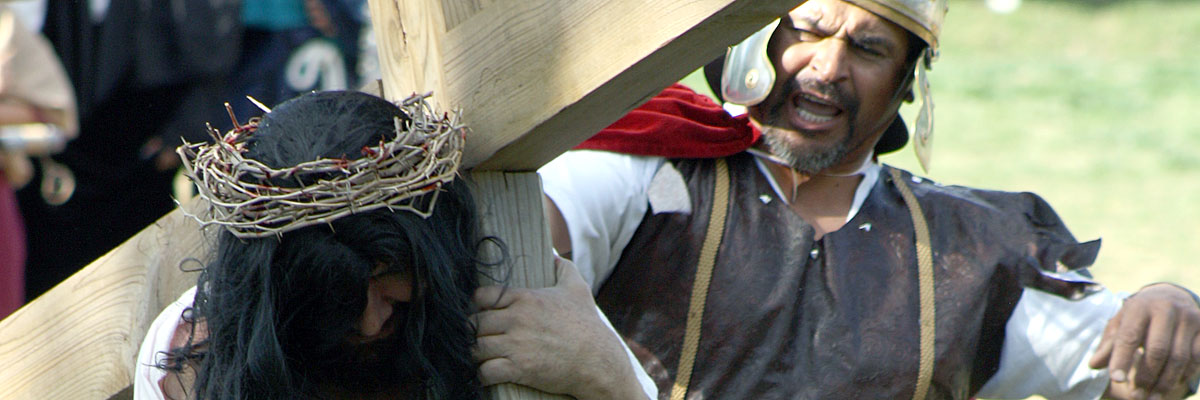Official Website of the
Catholic Diocese of Little Rock
30th Sunday in Ordinary Time, Year C 2022
Published: October 23, 2022
Bishop Anthony B. Taylor preached the following homily at St. Agnes Church in Mena on Sunday, Oct. 23, 2022.

Bishop Taylor
When I was in grade school, over 60 years ago, it seemed like most sins were mortal and most people were headed for hell. Good Catholics who went to Communion every Sunday prepared by going to confession every Saturday. Our struggle against sin was supported by the general prudishness of the '50s and early '60s: The twin beds in "I Love Lucy's" bedroom was about as risqué as TV got.
Then came the sexual revolution at the very time when our post-Vatican II Church was articulating a more positive understanding of human nature and the pendulum swung to the other extreme.
Now it seems like no sin is mortal and everybody goes to heaven. If some people we go to confession twice a year it is a lot and if you're not struggling against sin in your daily life, you might not be able to think of much to say when you get there.
If we can't think of any sins to confess, is it because we commit no sins or is it because of ignorance? Do we refuse to see what is there because we don't want to repent; we don't want to have to change our ways?
In today's Gospel we have the story of the Pharisee and the tax collector. At first it seems like the judgmental pharisee resembles people in the prudish '50s and the tax collector the immoral people of today but in fact the reverse is true. The parable isn't about righteousness vs. unrighteousness but rather about unrepentance vs. repentance and many people today are every bit as unrepentant as that judgmental Pharisee was.
He has no trouble finding fault with others but is ignorant of his own sins — refuses to see what there is in his own life that needs to change. He likes himself the way he is and so simply thanks God for making him such a great guy. Sound familiar? Over the last six decades our society has become very permissive — anything goes!
This leaves us and especially our children at great risk because even when done in ignorance, evil deeds do great harm. Ignorance is one of Satan's deadliest weapons. The tax collector on the other hand, for all his faults, faced up to the evil he had done and so there's hope for him. He was tired of hurting and ready to repent, ready for a change, which was all God needed to set him free. Now for him to remain free, he'll have to be vigilant and struggle consciously against sin for the rest of his life.
The same is true for you and me. If we can't think of any sins to confess, is it because we commit no sins or is it because of ignorance? Do we refuse to see what is there because we don't want to repent; we don't want to have to change our ways? For some of our young people growing up in this permissive age, the very idea of having to be vigilant and having to struggle against sin may be a whole new concept, but it is as old as the Bible and that tax collector who went to the Temple to pray.
For all his regrets, he went home justified — a changed man — while the Pharisee who thought he had nothing to confess did not. Notice: That Pharisee may have had a lot of virtues — he was not greedy, dishonest or adulterous; he fasted and tithed — but it was all for nothing because he used these good deeds for an evil purpose: to exalt himself at the expense of others.
He twisted the very deeds that should have drawn him closer to God into self-serving boastful comparisons that glorified himself rather than God, therefore ultimately separating him from the very God his good deeds were supposed to be serving. Whoever exalts himself will be humbled and whoever humbles himself will be exalted.









